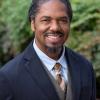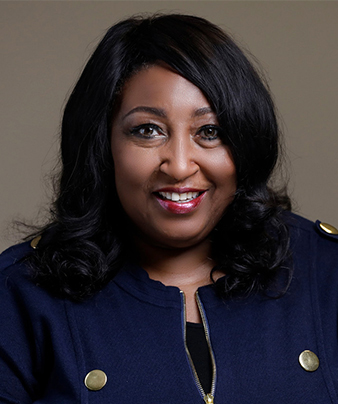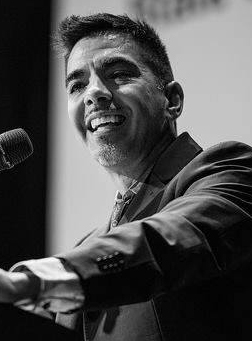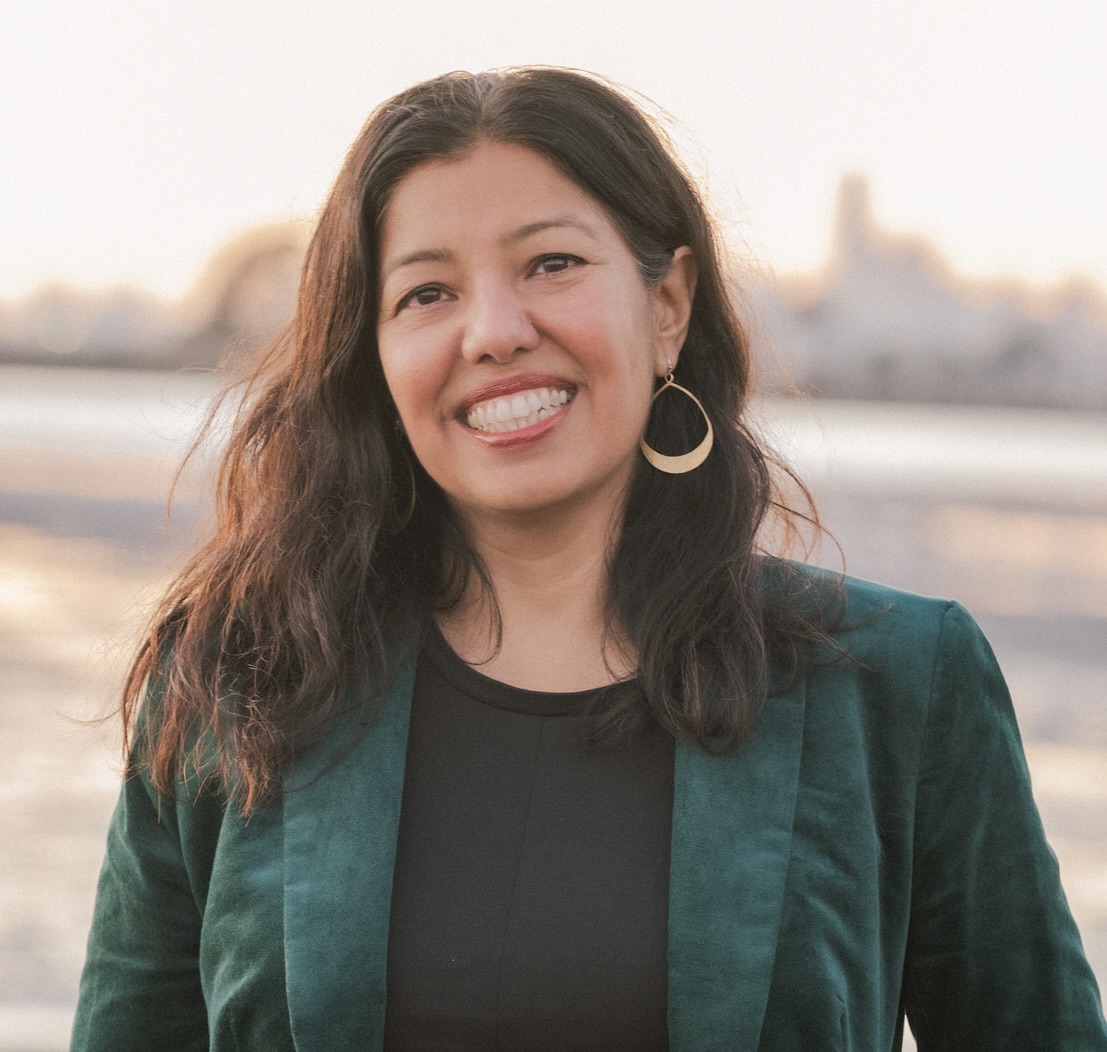Meet the Moment: The Greatest Barrier to Racial Equity is Leadership
Recently, Dwayne Marsh, CEO of Northern California Grantmakers, and I were reflecting on how many foundations in our memberships are looking to change direction and move toward racial equity. In an ice-bucket-style challenge, Dwayne posted his thoughts and then tagged me with the question, “How best does philanthropy choose courage in the face of the unprecedented complexity the moment offers?"
I’ll post my answer here (minus the ice and the bucket) and tag one of my favorite thinkers at the end.
The answer, from where I sit, begins with leadership. I’ll reflect on my own, as a start.
-
Less Certainty, More Curiosity: As much as I may feel compelled to be viewed as an independent thinker, it serves me best to tap into the collective genius of colleagues as well as the people living closest to any issues to understand priorities and develop solutions to persistent challenges our communities face. I am at my best when I ask penetrating questions from my unique vantage point and listen to the experiences, feedback, and firsthand perspectives of multiple audiences to inform my own thinking.
-
Authenticity Over Appropriateness: In addition to maintaining a learning posture, it serves me to be honest about my observations and express my perspective with integrity, rather than censor my expression to conform to a set of expectations, real or perceived, which define decorum for our industry. At my best, I am committed to being present, fully, understanding and adjusting the state of my emotional well-being, and doing the personal work of clarifying my aspirational vision for home, work and Life, in general. It takes courage, yet it is the only practice that reinforces my willingness (and capacity) to be transformed by my experiences, which is essential for effectively moving through complexity – a key function of dynamic leadership.
-
Change Over Charity: The systems currently governing society, including philanthropy, are not broken, but instead are reliably producing the results for which they were originally designed. The urgency for change is widely held across all categories of group identity. The leadership imperative for change is essential. Today, a commitment to leading societal change toward equity is necessary to replace laws and rules designed to exclude or control a diaspora of indigenous, African-descended and other groups suppressed in an American caste system of privilege. We cannot program our way into transforming society. Nor can we defer the leadership imperative for dynamic change to the next individual or generation to figure out on their own.
The uncomfortable truth is this: American systems were never designed with a multi-ethnic pluralistic democracy in mind. And we will not change that which we first do not accept as real. So, our work includes designing laws and policies that eliminate disparities. It also requires us to re-imagine the societal infrastructure to effectively serve a broad range of identities, beyond our ethnic distinctions to include gender, ability, age, class, geography, education level, immigration status, and sexual orientation.
Philanthropy has an opportunity - a responsibility - to lead change. My experience is that the lack of awareness or will by leaders to deploy philanthropic resources in unconventional ways restricts problem-solving to a narrow set of considerations for what is practical rather than expanding our collective vision for what is possible. This is our greatest barrier to changing direction toward more equitable outcomes. At GEO, lessons of leading with uncertainty, vulnerability and willingness to engage others in the process of grappling with complexity offer a blueprint for overcoming this barrier. The choice to shift our collective mindsets and practices beyond being efficient technicians to inhabiting a broader set of opportunities for leveraging power and influence as philanthropic stewards is ours, today.
What's to Come

I am curious to hear the thoughts and contributions of another colleague also fairly new in her role. As CEO of the Evelyn and Walter Haas, Jr. Fund, Cathy Cha, has informed my own leadership and encouraged me to confront any forces of self-doubt or fear to lead with authenticity, awareness, compassion, and integrity.
Cathy, how do you think philanthropy should work differently in these complex and turbulent times?




